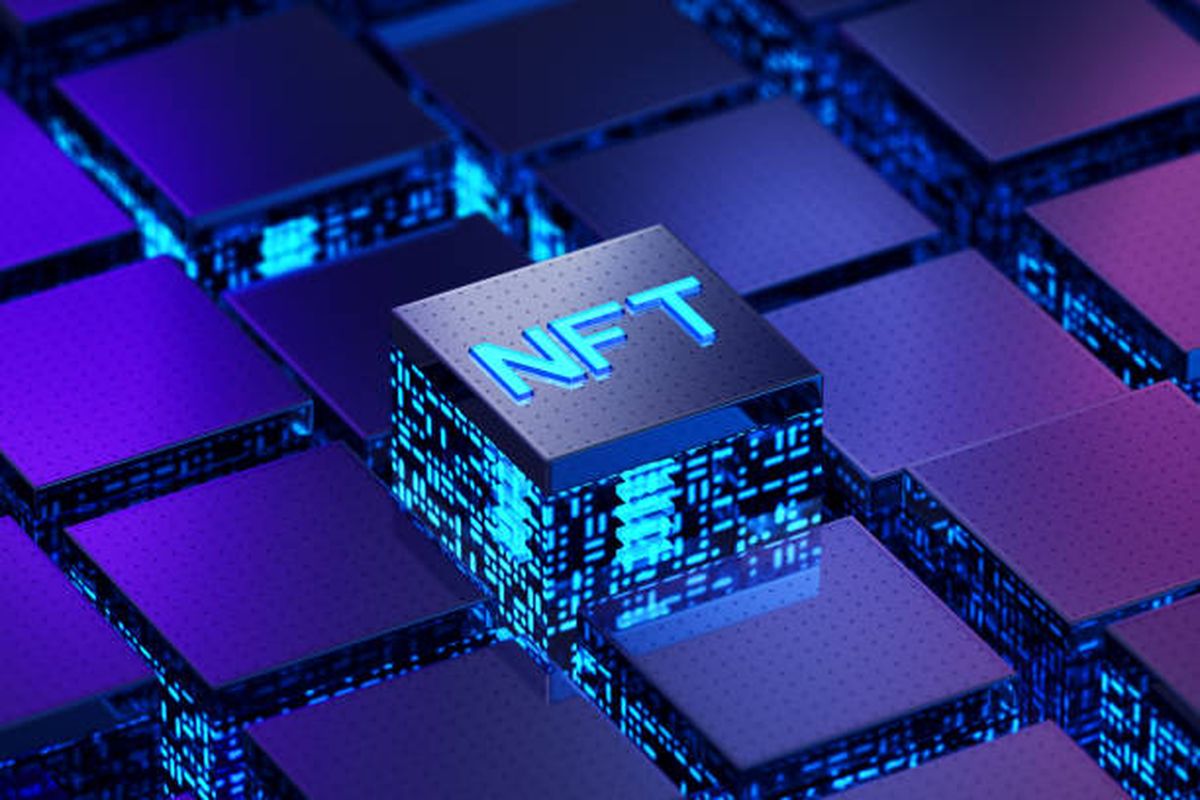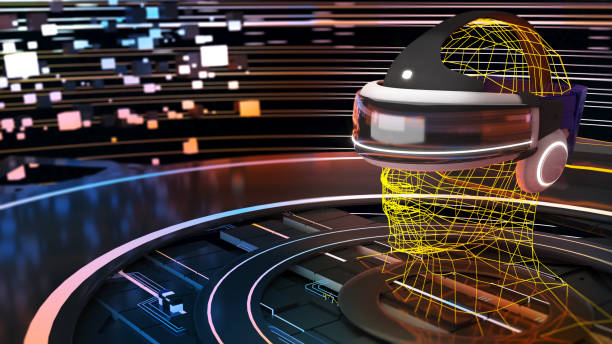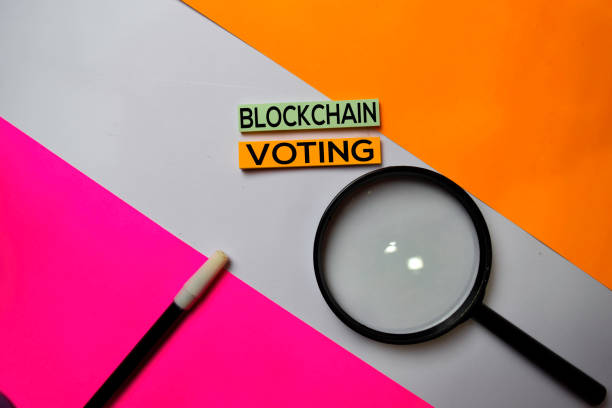Non-fungible tokens (NFT) are an emerging technology that has already featured in a ton of use cases away from the normal NFT application. At the moment, the normal use cases for the nonfungible tokens are game characters and trading artworks.
NFTs can now be used to represent other digital content, physical objects, and even intangible concepts like intellectual property as well. It is incredible to think about the nascent technology beyond 2D or 3D images and digital content. However, there are many practical uses for it as well.
If you need something that is original and authentic and that is not some mass-produced thing, NFTs are perfect for you.
Guaranteeing Authenticity Of Products
Nonfungible tokens can be used to guarantee that the product you are buying is authentic. Since the blockchain can permanently and securely store information about the product, determining its rarity and authenticity will become a factor in physical products as well.
NFTs can also be used in the storage of information about the manufacturing processes, which would guarantee that everything involved is fair trade. NFT applications do not stop at consumer products either. Many firms are currently using NFTs for industrial design prototyping purposes.
One major issue in the world currently is fake food products like medicine and supplements. The nonfungible tokens can help resolve that by tracing and tracking food products. Visualize only scanning a QR code of a nutritional supplement that you purchased online and seeing its whole journey, from manufacturing to shipping.
In that context, the products that inaccurately allege that they were manufactured and sourced in a particular nation will in the end get exposed because the track record is transparent.
NFT In Real Estate
Nonfungible tokens and real estate seem like a match made in heaven. The NFT technology can be used to transfer land deeds, offer proof of ownership, and also keep track of the changes that arise in property value over time using the time-stamped NFTs.
The real estate sector is one of the most NFT-ready industries. Nonfungible tokens can be used in real estate to help in simplifying and speeding up transactions, create decentralized home rental services, and support smart contracts for properties (enabling automatic payments). All of that happens while protecting sensitive data like credit card details.
Related:What Is NFT Virtual Land And How Do You Invest In It?
If it gets incorporated, you can know everything about a property that you want to purchase using just a few taps on your phone. Know when the property was acquired, who owned it first, what changes were made, and everything up to the point of buying it.
Medical Records And Identity Validation
NFT ledgers are designed to store an individual’s medical records without risking tampering or compromising confidentiality from external sources. External sources are kept away since NFT transactions are validated on many nodes before getting added to the blockchain permanently. It guarantees that every record is accurate and secure from malicious attempts at any form of manipulation.
Nonfungible token applications have been designed particularly to help healthcare professionals too. One real example is NFT Birth Certificates that can be issued to newborns by healthcare providers.
Issuing one of the NFTs for every child can be quite an effective means of rapidly developing a long-term identity on the blockchain. The identity is linked to the individual’s birth certificate which is then verified with NFT authentication apps.
NFT ledgers also offer safer methods of storing some sensitive medical data while letting only authorized healthcare providers access it when necessary.
Some slightly-defined NFT use cases have come up in recent years. In these cases, health insurance firms, hospitals, and other organizations are starting to explore how blockchains can help in enhancing hospital operations by validating patient identities, and recording the medical processes that are performed without having to compromise on patient confidentiality.
Intellectual Property And Patents
Nonfungible tokens are perfect for the protection of intellectual patents and property. NFTs also allow users to prove their ownership of any content that is not possible with the traditional IP rights tools like copyrights and trademarks.
Related:Cyber Yachts Files NFT and Metaverse Patents
The IP owner can be distinguished, mostly with the timestamps, the whole history of the IP. The NFT chain would be immutable, meaning that the nonfungible token owner can prove that they were the original developer of a piece of work at any point in time.
It is the same case for patents, NFTs can be used in protecting and certifying ownership of innovation or invention. NFTs can also offer the needed data for authentication, therefore creating a public ledger that is designed to document all transactions that are related to patents.
Academic Credentials
NFTs are a great way of representing academic credentials. They can offer proof of attendance, the degree earned, and other important information that will get stored on the NFT chain that cannot be changed or hacked into. NFTs can develop immutable records for courses taken by issuing the tokens for every course that is completed along with validating any degrees earned via smart contract validation systems.
Soon, issuing a paper certificate will become a thing of the past. NFTs will be used as a dependable and impenetrable record of academic achievement and NFT education tokens can be transferred to other people, giving them proof that the individual holding it earned such an NFT.
Supply Chain
Products, mostly in the food sector, have a massive shortcoming when it comes to validating where they came from, what is in them, and the like. But by utilizing the blockchain, NFTs can be attached to a product, which gives it an NFT identifier that is not vulnerable to external interference. That is a good example of NFTs working in tandem with the supply chain.
Furthermore, NFTs can also give firms the chance to track their products from manufacturing through shipping up to delivery. That gives the customers and users in-depth insight into what they want to spend their money on and maintains transparency within a firm’s supply chain.
Gaming Sector
The gaming sector and NFTs are a great match. They can be integrated into the gaming world by supporting NFT cross-platform playability. Nonfungible tokens give the game developers another way of expanding their brand and developing another revenue stream, while the gamers are given a lot of incentive to keep playing a game in case they already own the characters or items within it.
NFTs will also ensure that there is an easier time for trading in games that can also increase the value since NFT items in games may have a major degree of rarity. The NFT owners will not need to worry about the scams since there is no intermediary involved; transactions happen immediately through the blockchain.
It opens up all forms of possibilities like never before including the purchase of weapons and other equipment that has been tested by the people who used it. That is the use case that has already been used entirely by games like Axie Infinity and many other upcoming blockchain games.
Ticketing
NFTs might replace tickets in the future. For instance, parking passes can be replaced by NFT ‘tickets’ that are assigned a unique ID that one can use when entering restricted areas for validation purposes.
It solves issues that are related to fraud and mitigates paper usage since NFT owners just require one token instead of many copies of it, the same way we do not print out our money. That concept is also applicable to the bus tokens and other types of transportation where payment validation happens at various points in the journey using scanners.
Artwork Tracking
After the Second World War, lots of artwork has been lost. Some of them were replaced by fakes, while others were stolen by people and groups. Soon, original artworks of the old masters can be tagged to track via NFTs. This strategy also applies to physical artworks that will be created in the future.
Nevertheless, it can work in both ways. Physical art can be changed into an NFT, and the nonfungible tokens can also be changed into physical art without losing the digital token.
It helps in determining the originality of a particular piece and minimizes or entirely eliminates fake artwork from circulation. This guarantees that NFTs held are authentic, mostly in case they acquired them from an auction house.
Voting
In most nations, voters are needed to offer a photo ID and proof of residence with them when they are going to polling booths to vote. Nevertheless, most of them are being disenfranchised since they do not have a copy of their ID or any form of documentation that will prove where they are living, or in case they are even registered to vote.
What if voting gets integrated with NFTs?
Related:Virtual voting solution using blockchain announced by bitFlyer for use in shareholder meetings
The integration of NFT can help resolve this issue because they would offer a digital identity for the people with no physical documentation that proves who they are and where they want to reside in the nation.
It will also help in getting rid of cheating and voter fraud since NFTs will work as an official record of the people that voted and their votes.
The Takeaway
NFT use cases are currently in their infancy. However, it is quite clear that not just games will benefit from this, but also the normal people who are going about their daily lives. Not only will this offer ease of use for many services, but it will also boost transparency in most transactions, mainly in matters of ownership of physical properties including real estate, concepts, artworks, and ideas.
In the future, more development is expected in the field.













